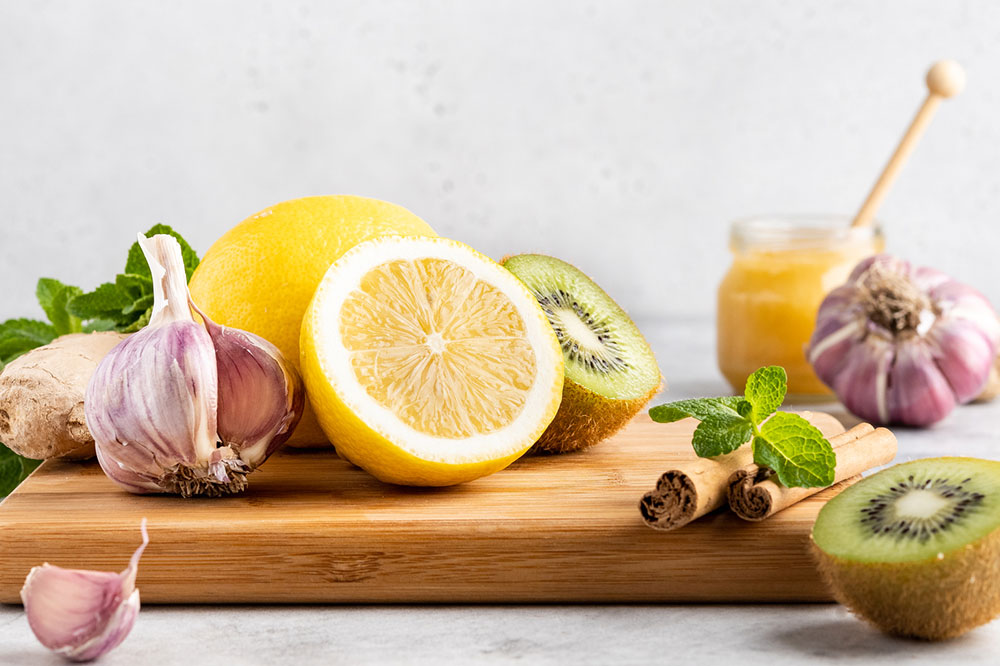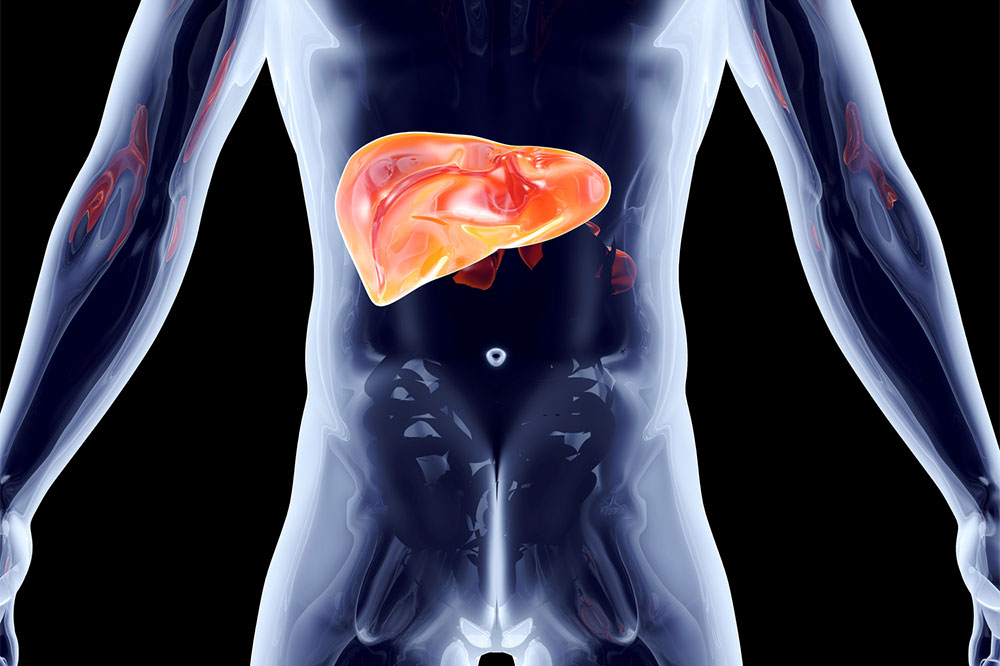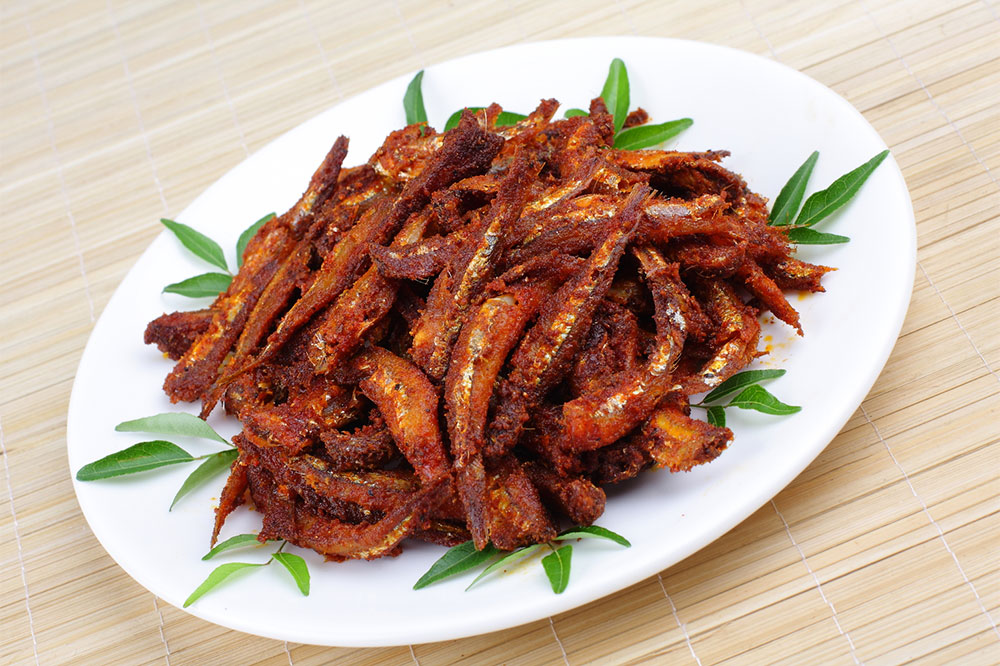7 foods to avoid for COPD symptoms

Chronic Obstructive Pulmonary Disease (COPD) is a respiratory condition characterized by obstructed airflow, leading to breathing difficulties. Individuals with COPD often face symptoms like persistent coughing, increased mucus production, shortness of breath, and wheezing, which can significantly impact their quality of life. Managing COPD necessitates a comprehensive approach, with suitable food choices playing a crucial role. Proper nutrition can help optimize lung function, strengthen the immune system, and enhance overall well-being for individuals with COPD.
7 foods that worsen COPD symptoms
Processed foods
Processed foods, often convenient but nutritionally lacking, can pose challenges for individuals with COPD. These items are typically high in sodium, unhealthy fats, and artificial additives, which can have detrimental effects on respiratory health. Excessive sodium intake can lead to fluid retention, potentially placing extra strain on the heart and lungs. Trans fats, commonly found in processed foods, have been linked to inflammation, which can further compromise respiratory function. For those managing COPD, it is advisable to scrutinize food labels and opt for whole, unprocessed alternatives to support optimal lung health.
Cauliflower
While cruciferous vegetables like broccoli, cabbage, and cauliflower offer a wealth of nutrients, they can sometimes lead to excess gas production in the digestive system. This may result in bloating and discomfort, indirectly impacting the breathing of individuals with COPD. Moderation and personal observation are key when incorporating these nutritious vegetables into one’s food plan. Monitoring individual responses can help strike a balance between their nutritional benefits and potential digestive effects.
Sodas
Carbonated beverages, including sodas and sparkling water, introduce additional air into the digestive system. For individuals with COPD, this can lead to bloating and abdominal discomfort, potentially exerting pressure on the diaphragm and affecting normal breathing patterns. Opting for still beverages or those with reduced carbonation can be a more comfortable choice for those managing respiratory conditions.
Excessive caffeine
While a moderate intake of caffeine is generally considered safe, excessive intake can lead to increased heart rate and heightened feelings of anxiety. These effects may exacerbate feelings of breathlessness in individuals with COPD. It’s advisable to monitor caffeine intake and consider opting for decaffeinated alternatives when necessary. This approach supports optimal respiratory function without undue stress on the cardiovascular system.
Fries
Fried and fatty foods are often enticing. However, they can have adverse effects on respiratory health. These foods tend to be high in unhealthy trans fats, which are associated with inflammation. The inflammation can negatively impact lung function, potentially leading to increased symptoms and reduced overall respiratory capacity. Opting for leaner cooking methods and incorporating heart-healthy fats can be a more supportive approach for individuals with COPD.
Lentils
Certain foods, such as beans and lentils, produce excess gas in the digestive system. While these foods are nutrient-dense, the resulting bloating and discomfort may indirectly impact breathing comfort for individuals with COPD. To strike a balance, individuals may choose to prepare these foods in ways that reduce gas production, or consider alternative sources of similar nutrients to support respiratory health.
Refined sugar
Foods high in refined sugar content can lead to rapid spikes and drops in blood sugar levels. This is also true for foods with excessive grain content. This can trigger feelings of fatigue and weakness, making it more challenging for individuals with COPD to engage in physical activities that support respiratory health. Opting for complex carbohydrates and natural sweeteners can help stabilize blood sugar levels, providing sustained energy without unwanted fluctuations.






